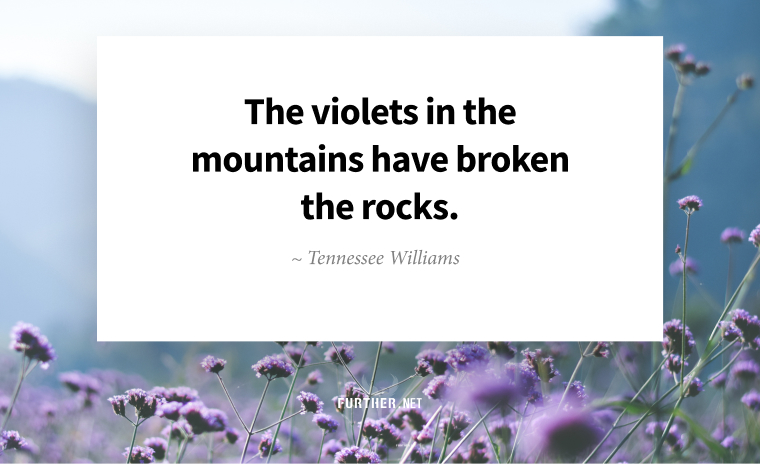
A friend lost everything he owned in the Maui fires. Cancer, now prevalent in younger people, has landed another friend’s 45-year-old spouse in hospice. Even a quick drive around my suburban LA town takes me past a picket line, a homeless encampment, and a slew of boarded-up shops.
I don’t usually start my Further pieces on a downer note, but nowadays, it’s often challenging to be upbeat. We thought we knew turmoil as kids, but the current chaos cocktail is unprecedented, as writer Mindy Stern perfectly explains:
Historic pandemic. Historic heat. Historic wildfires. Historic breach of the Capital. Historic indictments. Historic Hollywood strikes. Historic gun deaths. Historic levels of anxiety. Historic threats to democracy.
That’s a lot of fucking historics, and it’s not like mundane life stops as history rolls along.
But if we’ve learned nothing from history, it’s that times have been horrendous, and humans have survived — and thrived. The trick is to learn to leverage calamity to cultivate confidence and, ultimately, contentment.
The Plight Side of Life
Staying positive is not just tricky, but it can have a dark side known as toxic positivity. Using false cheerfulness to shoulder emotions like grief, depression, or fear quickly backfires. And while things like affirmations and rational optimism are scientifically shown to help bolster resilience, it’s times like these that encourage us to tap into something more potent: tragic optimism. Famed psychiatrist Viktor Frankl, who coined the term, defined it as:
The human capacity to creatively turn life’s negative aspects into something positive or constructive.
Frankl was working on his psychological thesis when he was sent to a concentration camp in 1942. There, he tested his theories, noticing that those who survived were “practicing the art of living” by joking, singing, and reviewing precious memories.
In other words, they found meaning and purpose in the simplest actions. It’s a tried and true approach to saying yes to life, in spite of everything.
Crisis Inverted
When you adopt an attitude of tragic optimism, you open the doors not just to great resilience but also to what psychologists Richard Tedeschi and Lawrence Calhoun call “post-traumatic growth.”
In Stern’s case, the hardships of her life, for example, an arduous, emotional search as an adoptee for her birth parents, turned into “truly surreal ecstasy” when she met her biological half-sisters in person for the first time.
This isn’t some frothy silver-lining platitude. There will always be adversity, both precedented and not, but Stern nails it when she says:
To live — really live — we must acknowledge and feel it all. We must find light in the dark, without denying either.
In these gloomy times, it’s not a tragedy at all to be looking for the transcendent in the terrible. In fact, it’s the only way to fly.
These Are The Days For Tragic Optimism. (Mindy Stern on Medium)
